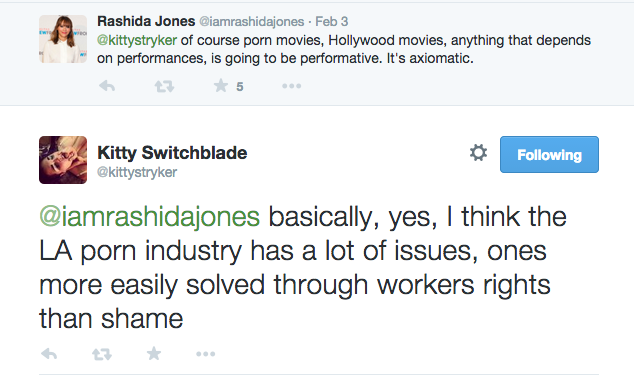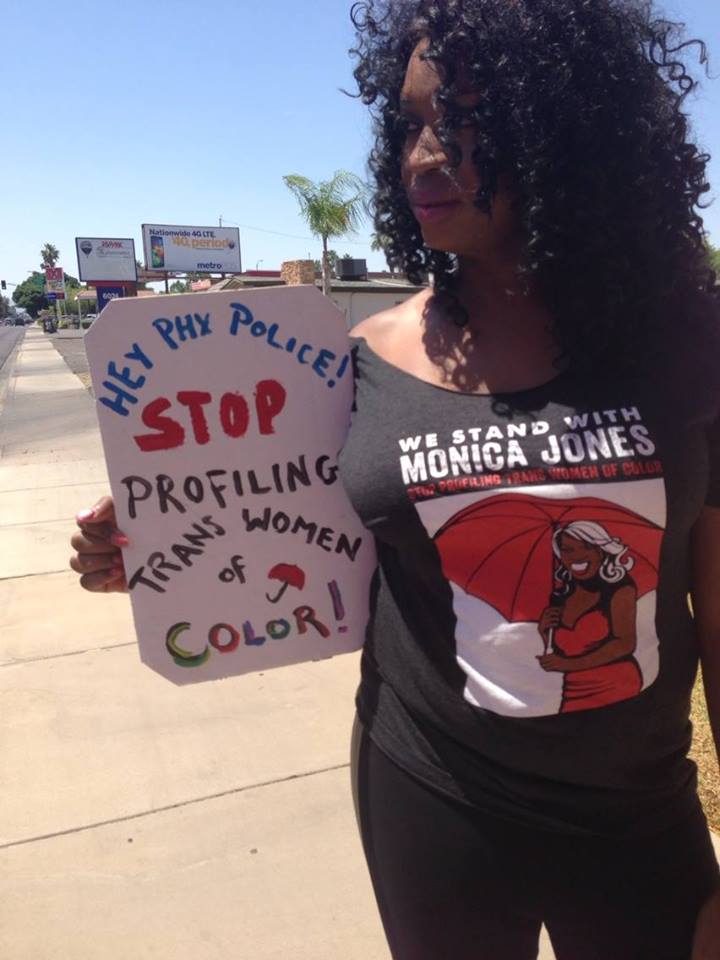Rashida Jones replied (respectfully!) to Kitty Stryker‘s post earlier this week on Tits and Sass, and the two engaged in brief dialogue. Thailand is amping up arrests of sex workers in an attempt to appear to be compliant with US regulations on trafficking. SWOP-Seattle has written an open letter to lawmakers, asking them to stop bills that… Continue reading The Week in Links—February 6th
Category: The Week in Links
The Week In Links—January 30th
Monica Jones’ conviction for “manifesting intent to commit prostitution” was overturned this week! Jones said: …My conviction being vacated is important but it is a small win in our larger fight for justice. There are so many trans women and cisgender women who might be charged under this law in Phoenix and similar laws across… Continue reading The Week In Links—January 30th
The Week In Links—January 23
Shannon Williams, co-chair of SWOP-USA, St. James Infirmary volunteer and Whorespeak activist, died this week after unexpectedly being diagnosed with a brain tumor. There is a fund for her three children here. Williams became briefly notorious after being arrested in 2003 for prostitution while working as a high school teacher in Berkeley. She was a sex… Continue reading The Week In Links—January 23
The Week in Links—January 16th
The Willamette Week broke the news that I, Tits and Sass Week In Links editor Red, and my fellow dancer Amy Pitts are suing my former strip club this week after months of tedious and stressful settlement negotiations. Shorter and less informative video clips on the suit can be found here and here, but probably the… Continue reading The Week in Links—January 16th
The Week in Links—January 9th
A team of academics at Concordia University in Canada are developing a video game to counteract C-36. The objective: to make money as a sex worker and survive. The sex workers in Freetown, Sierra Leone are earning a small percentage of what they used to because of the Ebola crisis. Their customers are afraid that they… Continue reading The Week in Links—January 9th




